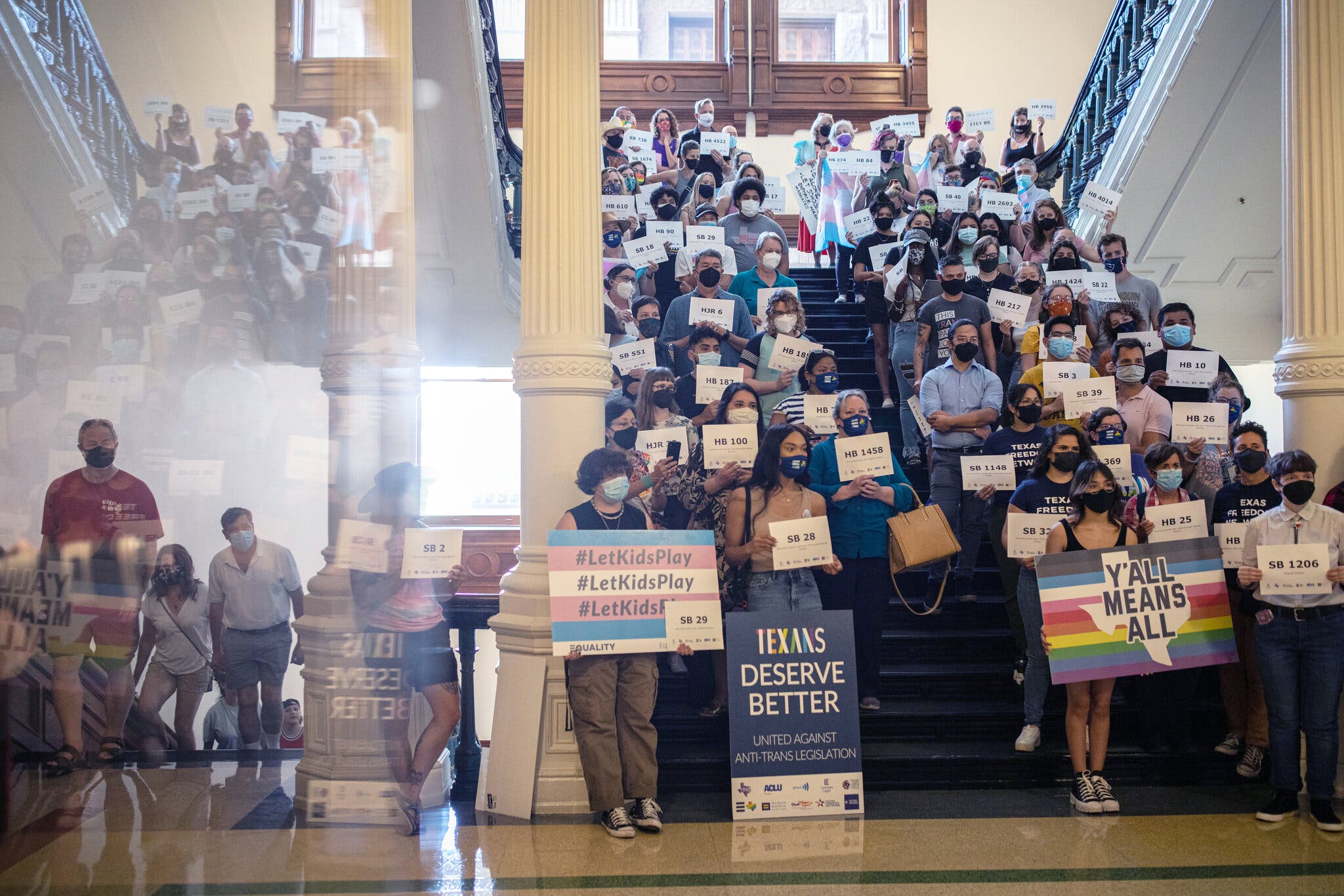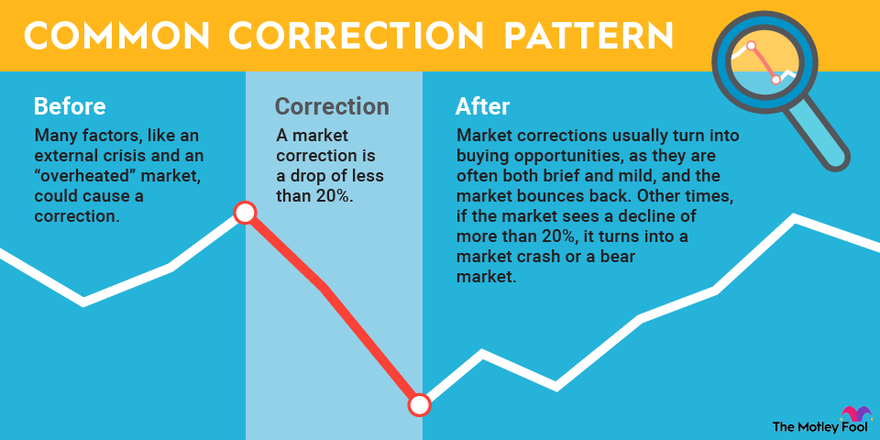Minnesota Defies Trump-Era Transgender Sports Ban

Table of Contents
The Trump Administration's Transgender Sports Ban: A Recap
The Trump administration's stance on transgender participation in school sports culminated in policies aiming to restrict transgender athletes' involvement. The rationale behind these bans often cited concerns about fairness in competition, suggesting that transgender women possess a biological advantage over cisgender women. This argument, however, frequently overlooks the complexities of gender identity and athletic performance, and often fails to consider the significant emotional and social barriers faced by transgender athletes.
These policies faced significant legal challenges. Many argued that the bans violated Title IX, the federal law prohibiting sex-based discrimination in education programs. The ensuing legal battles highlighted the deeply divisive nature of the issue and exposed the lack of scientific consensus supporting the claims of inherent athletic advantage.
- Key provisions of the Trump-era ban: These varied across states but generally aimed to restrict transgender girls and women from competing in sports aligned with their gender identity.
- States that adopted similar bans: Several states, mirroring the Trump administration's stance, enacted similar legislation, creating a patchwork of regulations across the nation.
- Legal arguments used to challenge the ban: Challenges primarily centered on Title IX violations, arguing that excluding transgender athletes constituted unlawful sex discrimination. The arguments also emphasized the detrimental impact on the mental health and well-being of transgender youth.
- Impact on transgender athletes’ participation: The bans led to exclusion, reduced participation, and significant emotional distress for many transgender athletes.
Minnesota's Stand Against the Ban: A Landmark Decision
Minnesota's refusal to enforce the Trump-era ban represents a significant step toward inclusivity in sports. The Minnesota State High School League (MSHSL), the governing body for high school athletics in the state, actively resisted the federal pressure, upholding its existing inclusive policies. This decision wasn't solely based on legal grounds; it also reflected the progressive political climate in Minnesota regarding LGBTQ+ rights.
- Specific policies adopted by Minnesota to protect transgender athletes: Minnesota's policies prioritize the athlete's gender identity, allowing transgender students to participate in sports consistent with their gender identity, often with guidelines developed in collaboration with medical professionals and athletic organizations.
- Legal arguments used to justify the defiance: Minnesota's defense centered on the arguments that the federal ban was unconstitutional and violated Title IX protections against sex discrimination.
- Statements from Minnesota officials supporting inclusion: State officials and representatives from the MSHSL publicly voiced their support for inclusivity and their commitment to ensuring equal opportunities for all students, regardless of gender identity.
- Potential legal challenges faced by Minnesota: While Minnesota's stance has held firm, the state may continue to face legal challenges from groups opposing inclusive sports policies.
The Impact on Transgender Athletes and the Broader LGBTQ+ Community
Minnesota's decision has had a profoundly positive impact. For transgender athletes, the ability to participate in sports has demonstrably improved mental health and fostered a greater sense of belonging. This extends beyond individual athletes to the broader LGBTQ+ community, serving as a powerful symbol of acceptance and inclusivity.
- Increased participation rates of transgender athletes in Minnesota: Anecdotal evidence suggests an increase in participation among transgender athletes following the state's decision.
- Improved mental health outcomes among transgender youth: The ability to participate in sports is linked to improved mental well-being among transgender youth, reducing feelings of isolation and increasing self-esteem.
- Symbolism of Minnesota's decision for other states and countries: Minnesota's action provides a powerful example for other states and countries grappling with similar issues, inspiring advocacy for inclusive policies.
- Potential for increased advocacy and activism for LGBTQ+ rights: The state's decision has fueled broader discussions about LGBTQ+ rights and fueled further activism for equality.
The Debate Over Fairness and Inclusion in Sports
The inclusion of transgender athletes in sports remains a subject of ongoing debate. Concerns about competitive balance are often raised, but these concerns must be weighed against the fundamental right to participation and the potential harms caused by exclusion. Finding a balance requires careful consideration and collaborative solutions.
- Arguments in favor of inclusive sports policies: Proponents argue for equal opportunities for all students, emphasizing the importance of participation in sports for overall well-being and the detrimental effects of exclusion.
- Arguments against inclusive sports policies: Opponents often cite concerns about competitive fairness, suggesting that transgender women may have a physical advantage over cisgender women. However, scientific evidence supporting this claim is limited and often contested.
- Potential solutions for addressing concerns about competitive balance: Solutions may involve case-by-case evaluations, hormone level regulations (within ethical guidelines), or the creation of separate categories to ensure fair competition.
- Examples of successful inclusion policies in other states or countries: Several states and countries have implemented successful inclusive policies demonstrating that fairness and inclusivity are not mutually exclusive.
Conclusion
Minnesota's defiance of the Trump-era transgender sports ban stands as a significant victory for transgender athletes and the LGBTQ+ community. The decision underscores the importance of prioritizing inclusivity and equal opportunity in sports. While concerns about competitive balance remain a point of discussion, the state's commitment to fair play for all athletes sets a powerful precedent. The arguments both for and against the ban highlight the complexities of this issue, but Minnesota's actions demonstrate that inclusivity can prevail. Learn more about the ongoing fight for transgender rights and how you can support inclusive sports policies in your community. Join the movement for transgender sports equality and help ensure that all athletes, regardless of gender identity, have the opportunity to participate and thrive.

Featured Posts
-
 Understanding Investor Behavior During Market Corrections
Apr 28, 2025
Understanding Investor Behavior During Market Corrections
Apr 28, 2025 -
 Mets Opening Day Roster Prediction Early Spring Training Insights
Apr 28, 2025
Mets Opening Day Roster Prediction Early Spring Training Insights
Apr 28, 2025 -
 Proposed Starbucks Raise Rejected By Union
Apr 28, 2025
Proposed Starbucks Raise Rejected By Union
Apr 28, 2025 -
 Market Swings And Investor Reactions Professionals Vs Individuals
Apr 28, 2025
Market Swings And Investor Reactions Professionals Vs Individuals
Apr 28, 2025 -
 Yankees Aaron Judge Push Up Prophecy For 2025
Apr 28, 2025
Yankees Aaron Judge Push Up Prophecy For 2025
Apr 28, 2025
